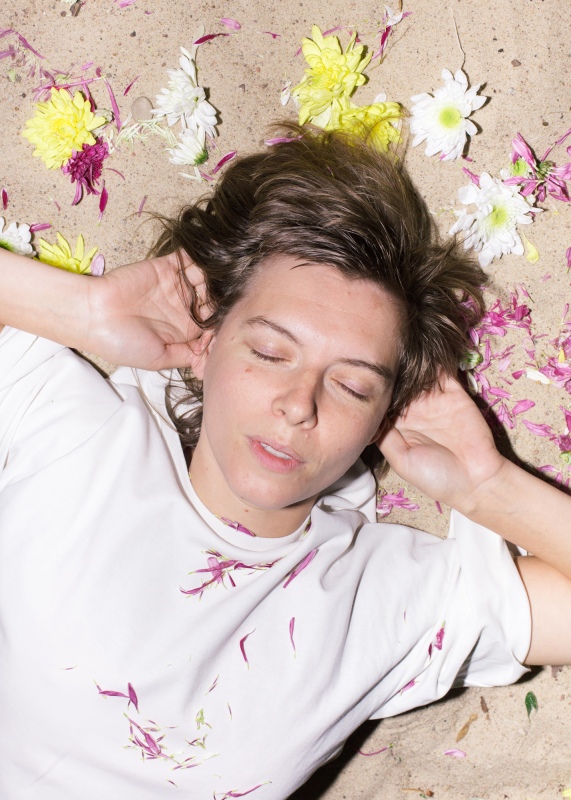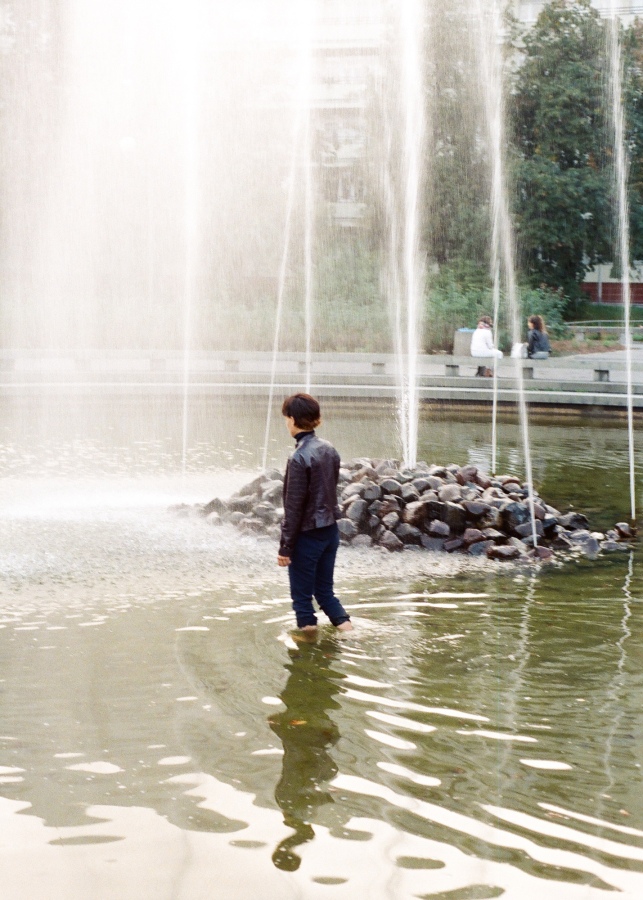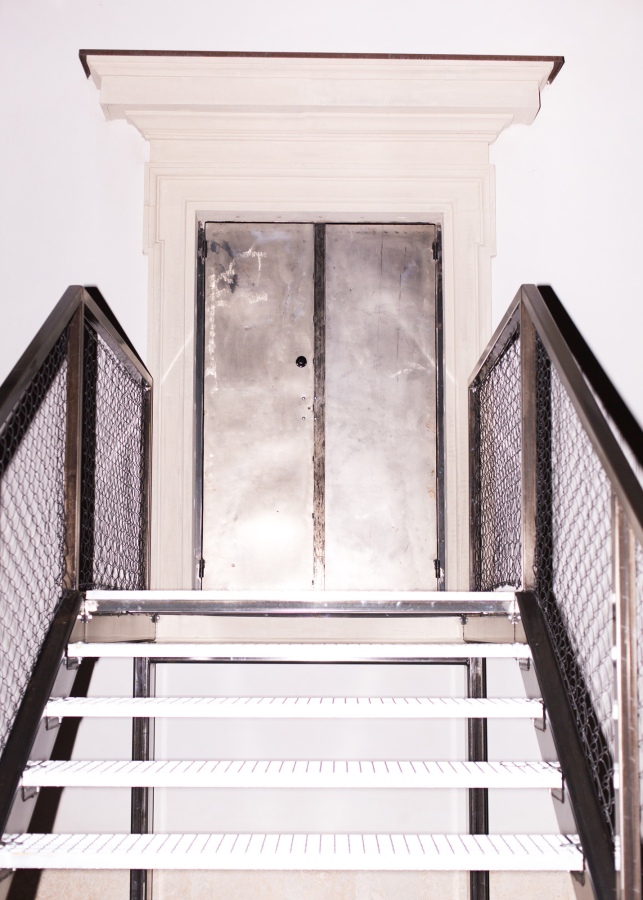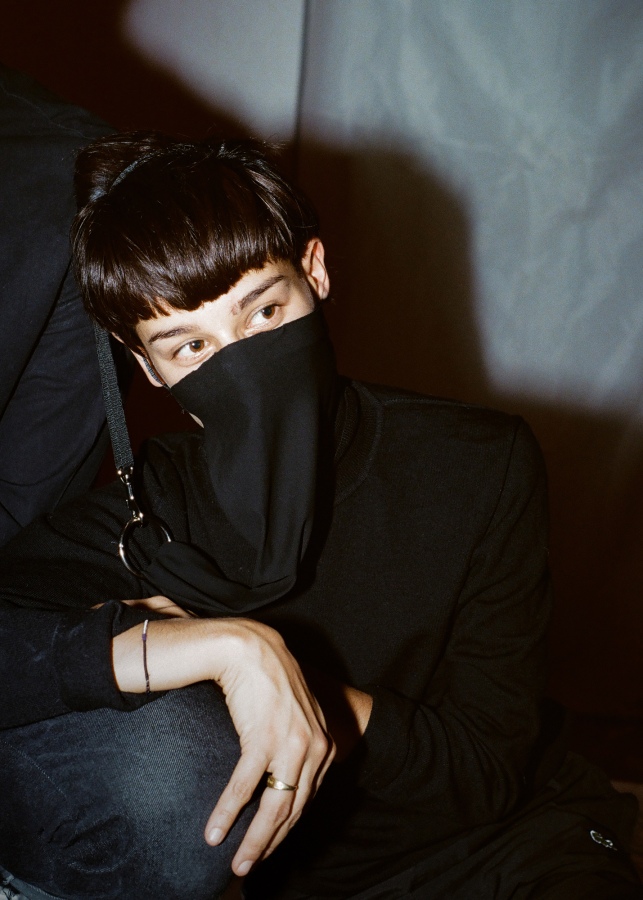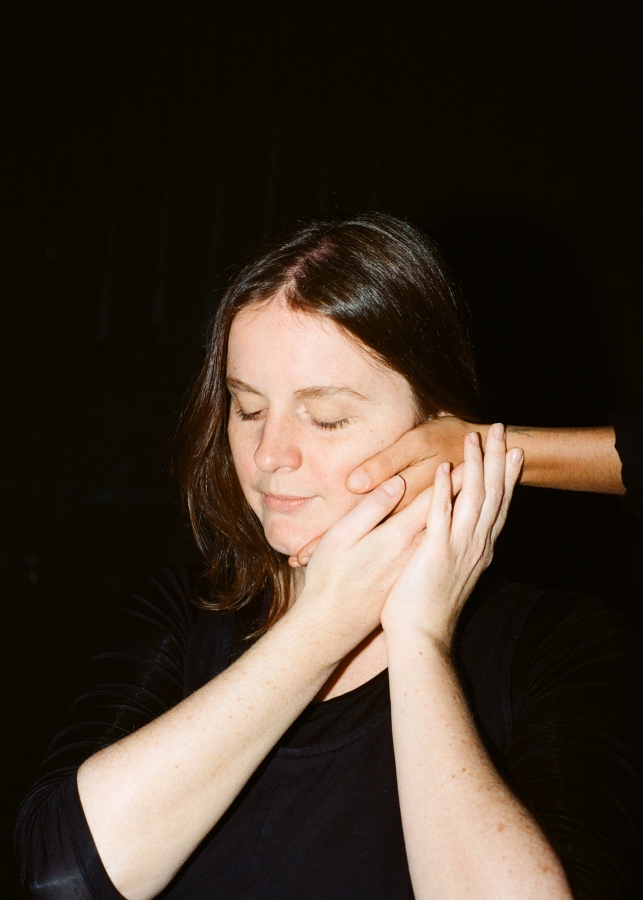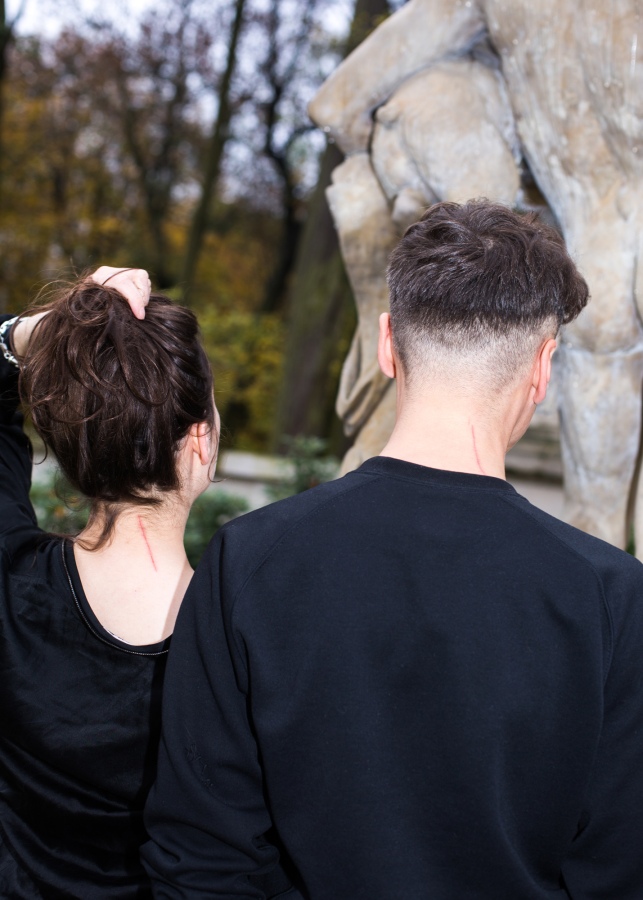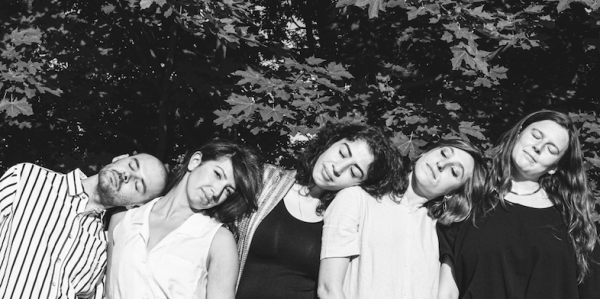We should all write operas
Lina Lapelytė in conversation with Alek Hudzik
-
Tell me about your project Sun and Sea.
- It is an opera-performance created by me, Rugile Barzdžiukaitė, and Vaiva Grainytė. This work will represent Lithuania at 58th Biennale in Venice. The first version was shown at the National Art Gallery in Vilnius. Now we are working on what can be called an extended, global version of the project. We can say that this version will be more a living installation, because in Venice we want to involve 30 performers/singers each day. The work has a simple surface: the sand is white, the sun is bright, the music is pleasant, people are happy, everyone is on holiday, everything is possible, but if you look carefully enough maybe it’s slightly too bright? Maybe the sea is colorful not because of corals and fish but simply because of the pieces of plastic...
-
You have just devoted your residency in the Castle to the return to Sun and Sea.
- By the way, I would like to say that I am very happy to take part in the U–jazdowski residency programme. I had been invited here even before I found out that I would represent Lithuania at the Venice Biennale. This residency is a time for me to work on Sun and Sea, but also a good opportunity to think of new projects, although they crystallize rather slowly.
-
You refer to opera not only in Sun and Sea. Do you think that with opera, you have an opportunity to say something new in art?
- First of all, I would replace the word “new” with the word “now”. Then your question would be: what can we say about the present? This perspective is very important. Opera, although very old in itself, as a genre of artistic expression I find fascinating. It allows all forms of art to coexist and complement each other. You have text, music, visual art, live art, but above all–cooperation. This is a special value, which should translate not only into art. You know what? I think we should all make operas.
-
And should we all rap? You have also done a piece about this kind of music – Candy Shop.
- It was my attempt to understand rap. To understand how capacious it is as a musical genre. I was accused of catering to misogyny, but it was only a perverse element of the whole, just as Kanye West is only an element of the rap scene; he doesn’t represent it in its entirety. In many cases rap is a protest and I especially like this aspect. Candy Shop is a result of looking at popular music as a subtle manipulation tool...
-
What do you mean by that?
- The lyrics of the songs we sing every day get stuck in our heads. Sometimes these are the lines that we wouldn’t think of saying. A good beat may encourage us to embody the words that we wouldn’t do otherwise.
-
It’s not just words that count. Let’s take your work Hunky Bluff, where the low female voice is the basis for reflection on gender.
- Hunky Bluff is a performance in which a group of women with low voices sing vocal parts written for castrati (men with high voice). It was an attempt to capture gender through voice. What is the gender of voice? In classical music it has very strict norms, but in real life things are different.
-
You once said that as an artist you are situated between art and music – how do you define this space?
- I like to think of it as a space of freedom. I like to feel mismatched, inappropriate for any artistic genre. I use music as a tool but I more often prefer to look at it as opposed to only listening. I guess this makes my work suitable for visual art spaces as well as the concert halls.
Film: Marta Wódz
